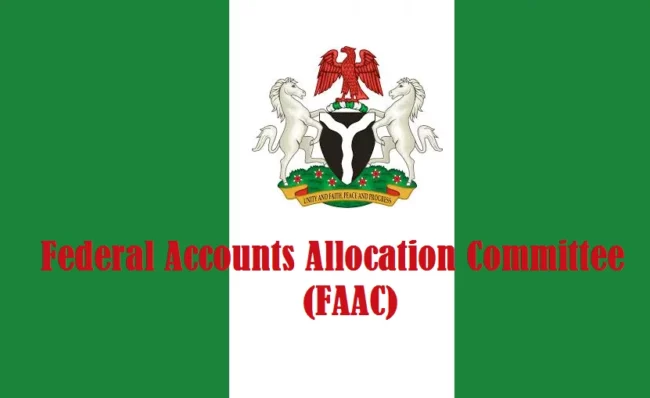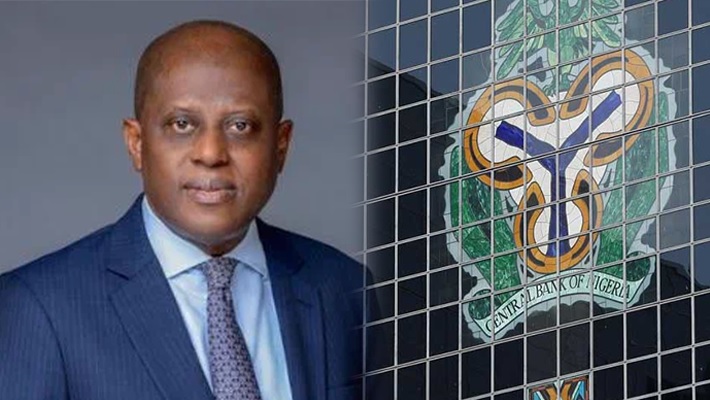Despite rising oil revenues and subsidy removal, many Nigerian states remain tied to federal allocations.
A new report by Agora Policy shows that 30 states relied on the Federation Account Allocation Committee (FAAC) for 73.8% of their total revenue in the first half of 2025.
Out of ₦6.05 trillion earned by these states, only ₦1.59 trillion came from internally generated revenue (IGR).
Lagos – Nigeria’s former capital and current commercial juggernaut, stood out with federal allocation making up less than a third of its ₦1.28 trillion revenue.
“Akwa Ibom, Lagos, and Edo topped the list of states that received more FAAC revenue than projected,” the report said.
Meanwhile, “Osun, Zamfara, and Kaduna recorded the highest shortfalls compared to their FAAC projections.”
Only 11 states, including Ekiti and Cross River, met their IGR targets. The remaining 19 fell short.
Jigawa, Taraba, and Sokoto performed worst, showing weak tax systems and limited economic activity.
“States Must Exploit What They Have” — Experts Speak
Ayo Teriba, CEO of Economics Associates, said states are failing to tap into local opportunities.
“How many of them have an intrastate metro service, a rail line that unlocks internally generated revenue? Lagos is the exception.”
He added: “Having this will create employment and generate revenue.”
Samuel Sule of Renaissance Capital Africa believes better tax compliance and higher duties will change the trend.
“More compliance and higher state taxes and duties will reverse this trend,” he said.
Tax System Keeps States Dependent
Muda Yusuf, Director-General of the Centre for the Promotion of Private Enterprise, blamed the tax structure.
“Maybe the states are not doing enough to generate IGR, but it’s because of the nature and structure of our tax system.”
Corporate income tax, petroleum royalties, and VAT go to the central pool before redistribution.
States mostly rely on pay-as-you-earn (PAYE) tax, which limits their revenue options.
“Some of those revenues that normally should have come directly to them are also paid to the central pool,” Yusuf added.
Four new revenue laws will take effect in January 2026, aiming to plug leakages and protect low-income earners.
But most of the revenue will still go to the centre, keeping states in a cycle of dependence.
Infrastructure Gaps Widen the Revenue Divide
States without seaports, airports, or strong industrial hubs face a narrow tax base.
Lagos alone generated over ₦890 billion in IGR in H1 2025—more than 25 states combined.
Without infrastructure, many states will struggle to attract investment or grow their revenue base.
Shouldn’t states be allowed to collect their taxes directly as should be in a proper federation? What local projects could boost IGR in your state?Rate, Like 👍, Comment💬, share this article, Follow us on our social media handles, and Submit your own story to get featured and earn rewards!








